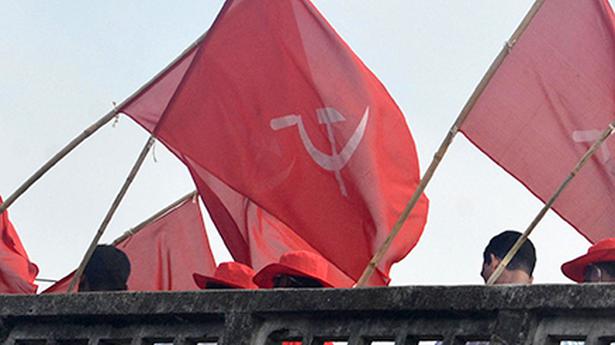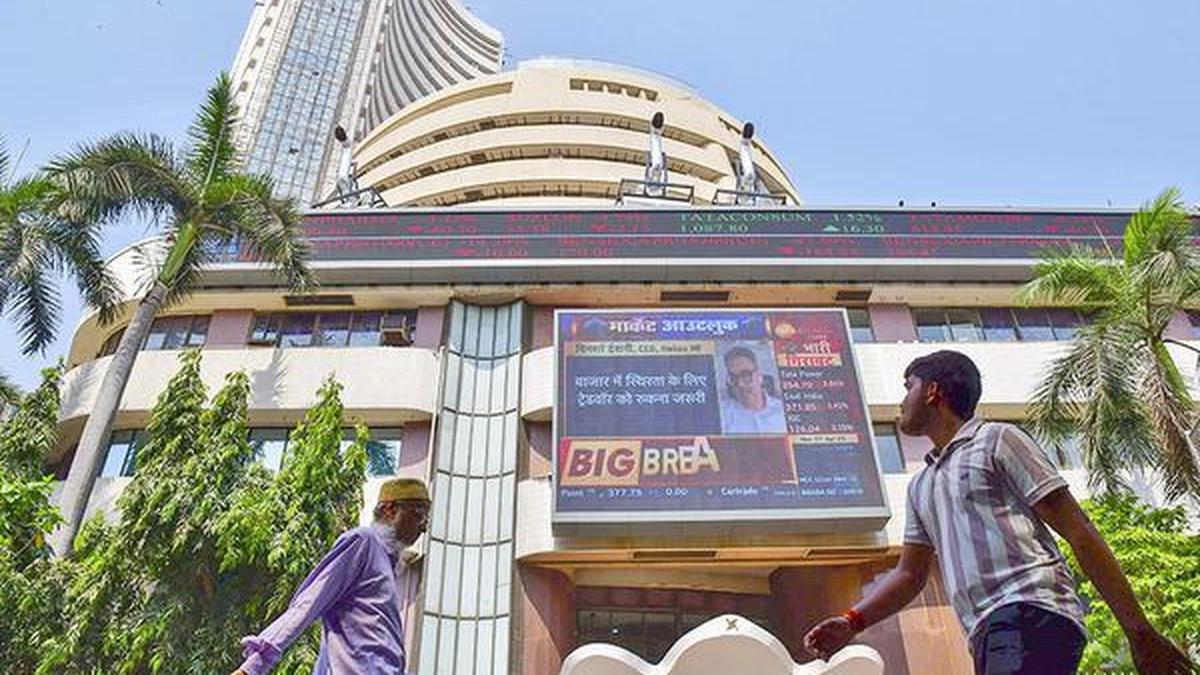The Communist Party of India (CPI) has reportedly achieved a detente with the Communist Party of India (Marxist) [CPI(M] on the contentious amendment to the Kerala Lok Ayukta Act, 1999.
The Bill had caused the major powers in the Left Democratic Front (LDF) to drift apart briefly. However, the parties appeared to have closed ranks at the last minute to deny the Opposition any advantage.
The government will introduce the Bill in the Assembly on Tuesday. Leader of the Opposition V.D. Satheesan said the United Democratic Front would oppose it.
The CPI had expressed its reservations about the amendment that accorded the Governor or the Chief Minister in their capacity as the “competent authority”, as the case may be, to accept or reject a ruling by the Lok Ayukta in cases of corruption, nepotism, and maladministration against persons who hold high public office after hearing the disputing parties.
The CPI was against vesting the apex constitutional authorities with such unqualified power. It initially suggested an independent committee instead.
Later, it reportedly recommended that the Bill empower the Assembly to review an “adverse declaration” by the Lok Ayukta against the Chief Minister.
The CPI proposed the Chief Minister as the competent authority to audit Lok Ayukta declarations against Ministers and the Speaker in the case of legislators.
By some accounts, the CPI(M) felt that redrafting the amendment Bill could entail legal complexities. Hence, it purportedly invited the CPI to move its proposal as an amendment when legislating the Bill in the Assembly.
The government is seeking to amend Section 14 of the Act. The provision makes it binding on the “competent authority” to uphold the Lok Ayukta’s declaration, including banning from holding public office. The law has no appeal provision. The government contended that such absolute power was constitutionally untenable and violative of natural justice.
The CPI(M) also felt the law would accord extraordinary powers to the Governor if the Lok Ayukta slapped a negative declaration on the Chief Minister. Politically, such an eventuality could bring constitutional powers head to head and pose a challenge to federalism.
The Opposition saw the Bill as a sly move to forestall anti-corruption investigations against the political executive. It feared the amendment would give appellate jurisdiction over a judicial forum headed either by a former Supreme Court judge or a retired High Court Chief Justice.






